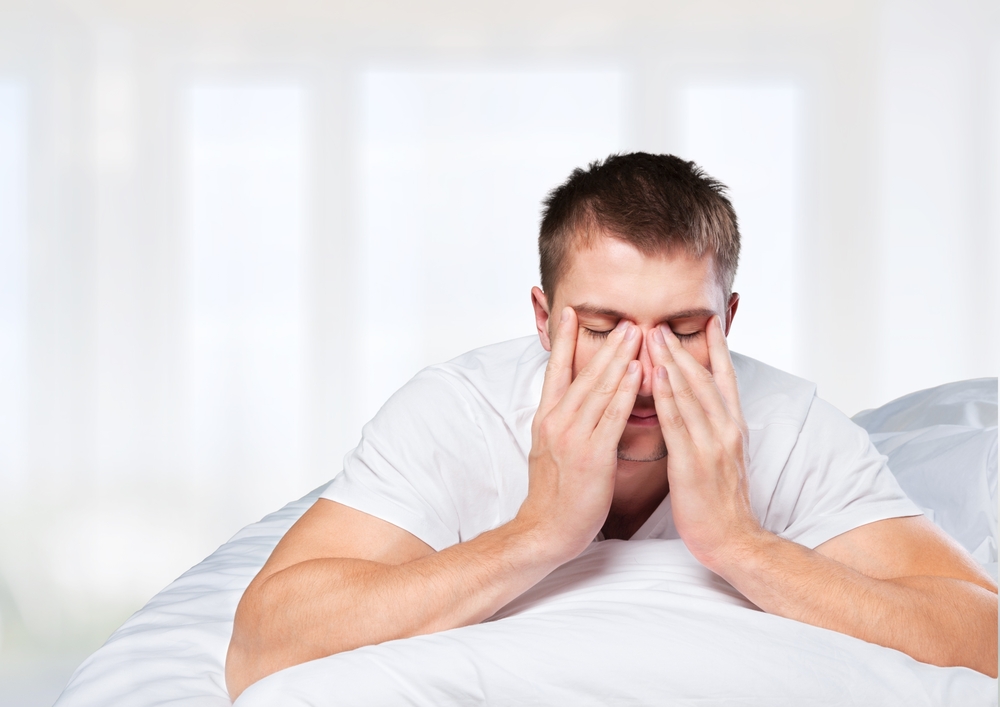Sleep Apnea and Anxiety
As mentioned before, sleep deprivation can lead to an increase in stress and possible paranoia, neither of which help with anxiety disorders. When you aren’t getting the sleep you need, your brain can struggle to process and rationalize things. This, in turn, adds excess stress and contributes even more to anxiety.
The best way to break this vicious cycle is to cut it off at the source. Treating your sleep apnea can help you achieve more restful sleep, allowing both your mind and body to heal and relax.
Sleep Apnea and Depression
Depression can make it difficult for an individual to go about their daily life. Often, a lack of sleep can produce symptoms like that of depression including lethargy and stress. This can turn into legitimate depression. The longer you go without sleep, the more significant your sleep apnea will be on your depression. Treating sleep apnea not only reduces the symptoms of depression but lowers the chance of depression altogether.
Seasonal Affective Disorder (SAD)
As the seasons change and the days grow shorter and darker, many people experience symptoms of Seasonal Affective Disorder (SAD), also known as seasonal depression. This is due to the seasonal darkness, a lack of access to socialization, and time outside causing a decrease in serotonin levels produced by the brain.
This lack of serotonin can cause sleep struggles, such as sleeping too much, or insomnia. This can exacerbate sleep disorders such as sleep apnea. The best way to maintain your sleeping health is to keep using your CPAP machine and keep to a sleep schedule.
Sleep Apnea & Bipolar Disorder
Bipolar disorder is often a misunderstood diagnosis. It requires earnest treatment from a professional. Sadly, like any other mental health disorder, a lack of sleep or interrupted sleep can make things worse. If you’re suffering from BPD and experiencing symptoms of sleep apnea, we encourage you to seek treatment immediately and discuss the sleep difficulties with your therapist to determine any necessary treatment changes.
